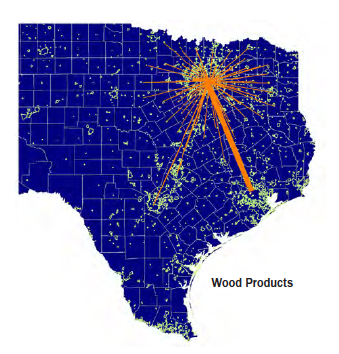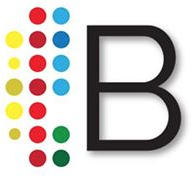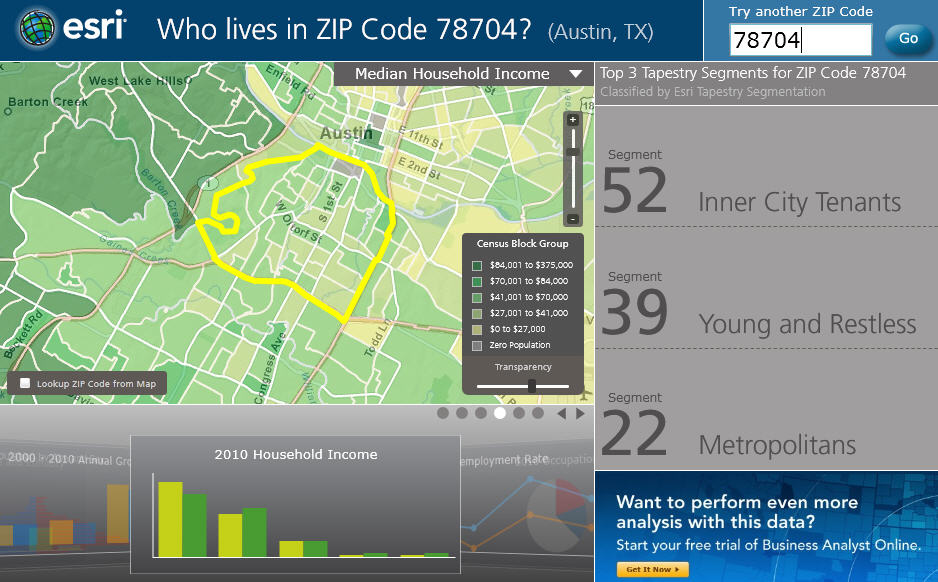I'm currently reading Jack Plunkett's new book, The Next Boom: What You Absolutely, Positively Have to Know About the World Between Now and 2025. Jack is the CEO and publisher of Plunkett Research a leading provider of industry sector analysis and research, industry trends and industry statistics. The book is a refreshingly optimistic take on the world economy (and honestly that is exactly what I need right now). Plunkett "persuasively demonstrates the emerging trends, technologies and changes that will lead to a new period of substantial economic growth in emerging nations as well as many of the world's leading economies. He presents a panorama of carefully documented developments in areas including energy, health care, education, demographics, trade, technologies and the rapidly-growing global middle class - showing how trends in America and around the world have tremendous synergy that will lead to a long-term surge in global business. This book will help you understand how to best position your business, your investments and your career to benefit from the coming era of global growth." (Amazon) Definitely pick up the book and also check out The Next Boom video series available on YouTube.
Megaregion Research
Megaregions are massive interconnected cities scattered throughout the United States, e.g. the Houston/Austin/Dallas Triangle, and the America 2050 initiative is putting them under the microscope (metaphorically speaking). Their about page says, “America 2050 is a national initiative to meet the infrastructure, economic development and environmental challenges of the nation as we prepare to add about 130 million additional Americans by the year 2050.”
If you’re doing business research- especially research concentrated around megaregions- then their site is a veritable goldmine of information. America 2050 features free reports on topics ranging from energy & climate, high speed rail, broadband infrastructure, commuter patterns, etc.
Beyond the sheer concentration of data and analysis packed in America 2050's content, their maps are an excellent highlight. The main maps page features many versions of the national-level megaregion concentrations, plus proposed passenger transit lines throughout the US.

Furthermore the incredibly detailed region-specific reports found in the Research tab have maps illustrating economic interrelationships among cities, e.g. wood products’ traffic concentrations within the Texas Triangle.
For those who want to keep abreast of the major economic, environmental, infrastructure and transportation trends that are shaping America’s most heavily populated and trafficked areas, this site is definitely one to bookmark.
Research on Main Street
Marcy Phelps the founder of Phelps Research just released new book Research on Main Street: Using the Web to Find Local Business and Market Information. Businesses need local information about their customers and competitors, but that information is usually the trickiest to find. Research on Main Street is a guide to finding market information about places—including counties, cities, and even census blocks using free and low-cost online resources. Now those are the kind of resources that bizologie likes!
The book offers techniques and strategies for approaching location-specific research, including advice on how to tap local sources for in-depth information about business and economic conditions, issues, and outlooks. The author also incorporates advice from her fellow business researchers throughout in the Tips from the Pros sections in each of the 9 chapters.
Be sure to sign up for ResearchNOTES a free monthly email bulletin with more valuable tips and sites for internet research and check out Marcy's blog at MarcyPhelps.com
Who's in that zipcode?
Free psychographic data down to the zip code level? It must be your lucky day. ESRI is a leader in GIS software helping people map and visualize data. They offer a wide range of products. With a zip code search ESRI provides the usual demographics (population by age and gender, household income, unemployment rate) and then to tease you and give you a taste of what they can offer, you get the top 3 neighborhood tapestry segmentations - for free! How does the 78704 zip code shake out? Well, it's made up of the Inner City Tenants, Young and Restless, and Metropolitans. The Metropolitans' medial age is 37.6, they own or lease a station wagon, listen to NPR, and have educational loans.






